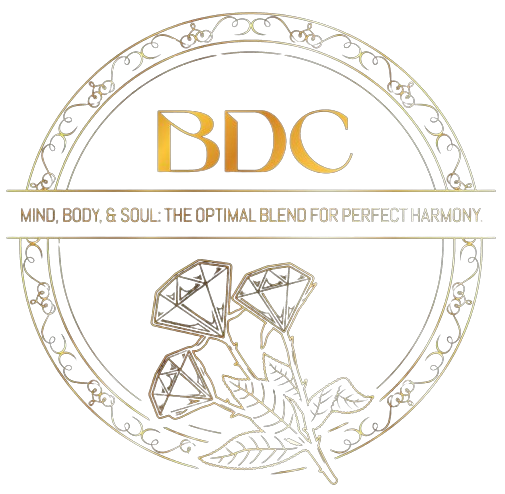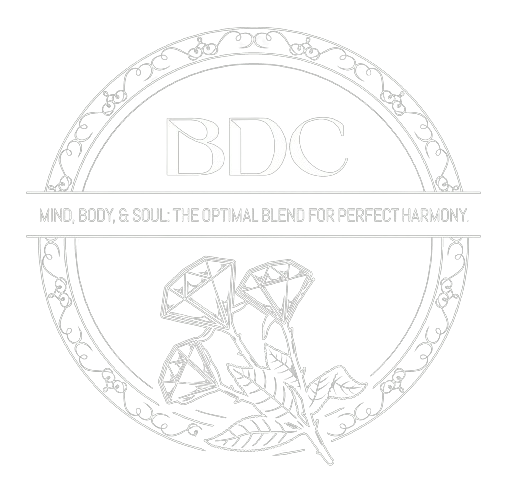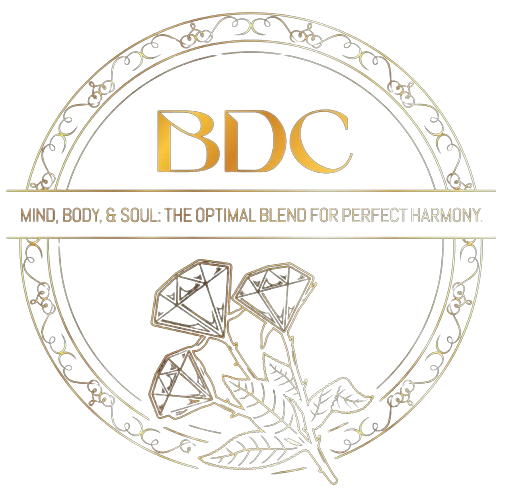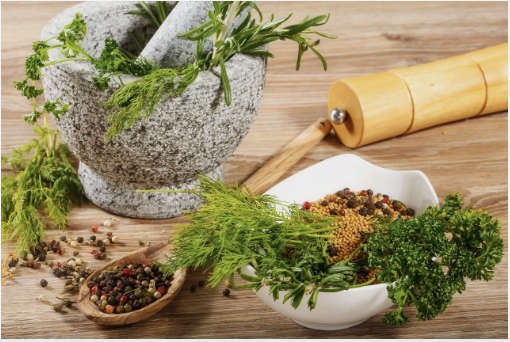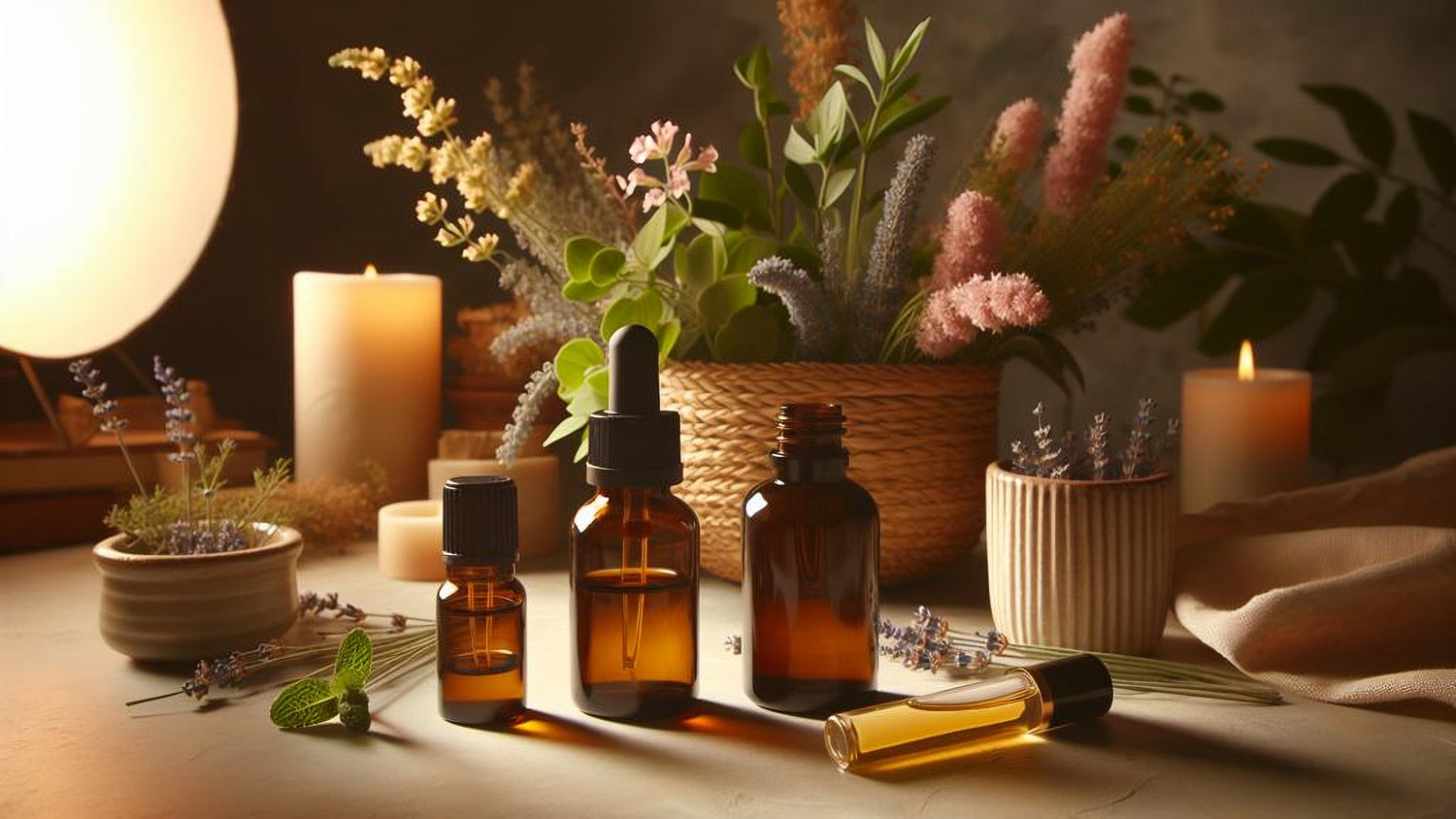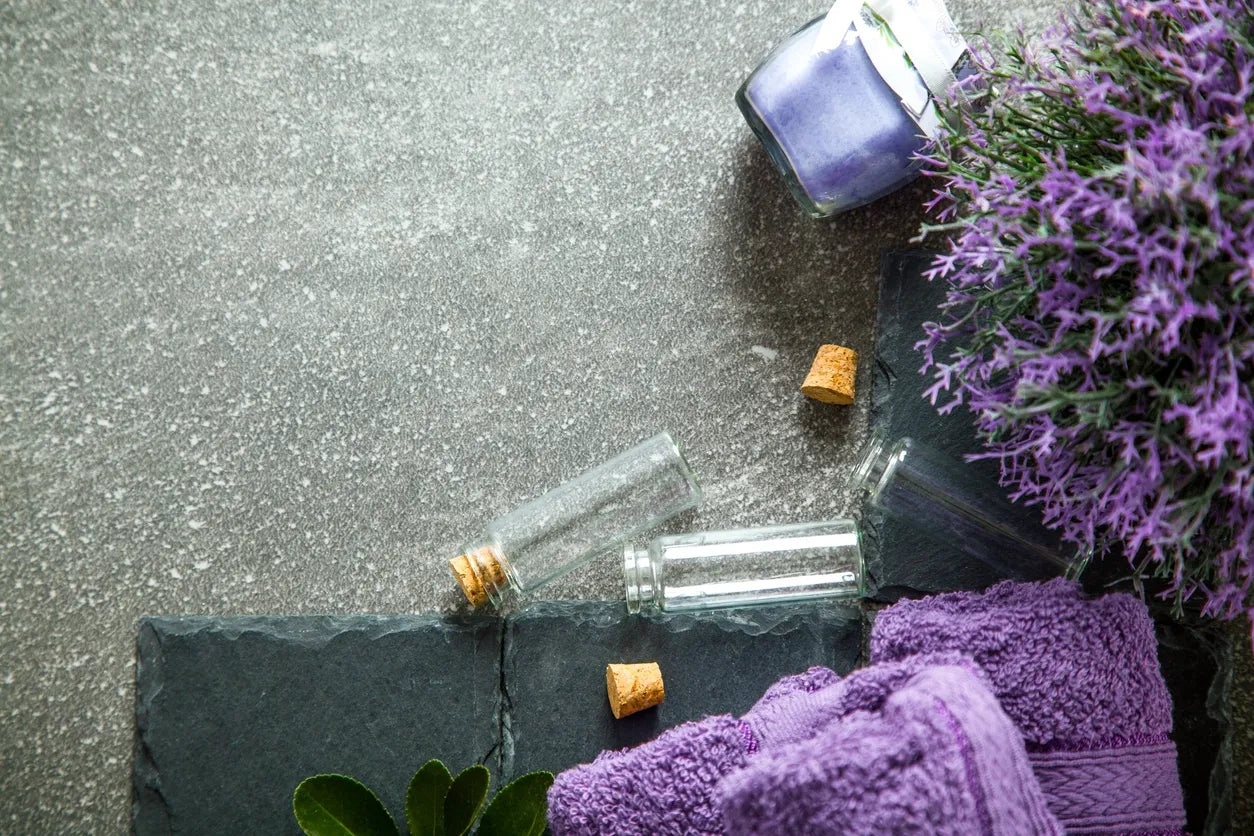Your gut does so much more than just digest food. The gut microbiome, consisting of uncountable numbers of microorganisms and bacteria, influences your general health and well-being amazingly. Some problems, such as inflammation, autoimmune diseases, and mood disorders, among others, can result from an unhealthy gut. This is why paying attention to your gut health should be a top priority!
The good news is that there are numerous ways in which you can support a healthy gut naturally. One of the things I love using in this case is healing herbs and spices. These include ginger, turmeric, and cinnamon, which have strong antibacterial as well as anti-inflammatory properties (Parham et al., 2020). They balance the gut flora by promoting probiotic growth while inhibiting pathogenic yeasts and bacteria. Examples of herbs that are friendly to the stomach include licorice root, marshmallow root, and slippery elm. These herbs contain mucilage fibers that physically line and soothe the intestines.
Other herbs such as milk thistle, dandelion, and gentian root, are classified as bitter herbs. Adding them to your diet as taste boosters could be a delightful method to keep the gut healthy (Herrera et al., 2020). Alternatively, a person can drink them in the form of tea or use tinctures as an alternative; in highly necessary cases, consider using supplements. Some gut-friendly herbal teas include ginseng, green tea, and corn-starch tea. These herbs contain anti-inflammatory, antimicrobial, and soothing properties that support digestive function and help reduce gastrointestinal discomfort. Furthermore, research by Vamanu et al. (2021) suggests that some compounds present in herbal teas such as polyphenols and flavonoids provide beneficial effects on gut microbiota composition and function. Regular consumption of these herbal teas can help maintain gut microbial balance, reduce inflammation, and enhance gastrointestinal functions.
The use of essential oils is also another strategy that can help you improve your gut health. Essential oils such as peppermint, rosemary, lemon, and lavender contain antimicrobial and anti-inflammatory properties essential for combating harmful pathogens and soothe gastrointestinal inflammation (Irshad et al., 2020). In addition to this, essential oils also promote relaxation and stress reduction, vital components of overall well-being. Inhalation and topical application of essential oils can evoke therapeutic benefits that extend beyond physical health. The next time you are going grocery shopping, remember to include an essential oil in your cart! Cultivating your gut health is a multifaceted endeavor that extends beyond your dietary choices. By embracing a holistic lifestyle enriched with herbal teas and essential oils, you can nurture your internal ecosystem and embark on a journey toward optimal health and well-being.
Moreover, a holistic approach has to be taken into account when it comes to optimizing gut health, this includes keeping fit with exercises, getting enough sleep, and eating clean foods that do not cause inflammation. If you take care of it well, it will result in enhanced immunity, improved moods, more energy, and general well-being! Keeping a healthy gut is one of the greatest things you can do towards full-body health.
CAUTIONS
- These statements have not been evaluated by the Food and Drug Administration.
- This product is not intended to diagnose, treat, cure or prevent any disease.
- Consult your physician before using any herbal products. All matters regarding health require medical supervision.
References
Herrera, T., Iriondo-DeHond, A., Uribarri, J., & del Castillo, M. D. (2020). Beneficial Herbs and Spices. Nutrition, Fitness, and Mindfulness: An Evidence-Based Guide for Clinicians, 65- 85.
Irshad, M., Subhani, M. A., Ali, S., & Hussain, A. (2020). Biological importance of essential oils. Essential Oils-Oils of Nature, 1, 37-40.
Parham, S., Kharazi, A. Z., Bakhsheshi-Rad, H. R., Nur, H., Ismail, A. F., Sharif, S., ... & Berto, F. (2020). Antioxidant, antimicrobial, and antiviral properties of herbal materials. Antioxidants, 9(12), 1309.
Vamanu, E., Dinu, L. D., Pelinescu, D. R., & Gatea, F. (2021). Therapeutic properties of edible mushrooms and herbal teas in gut microbiota modulation. Microorganisms, 9(6), 1262.
